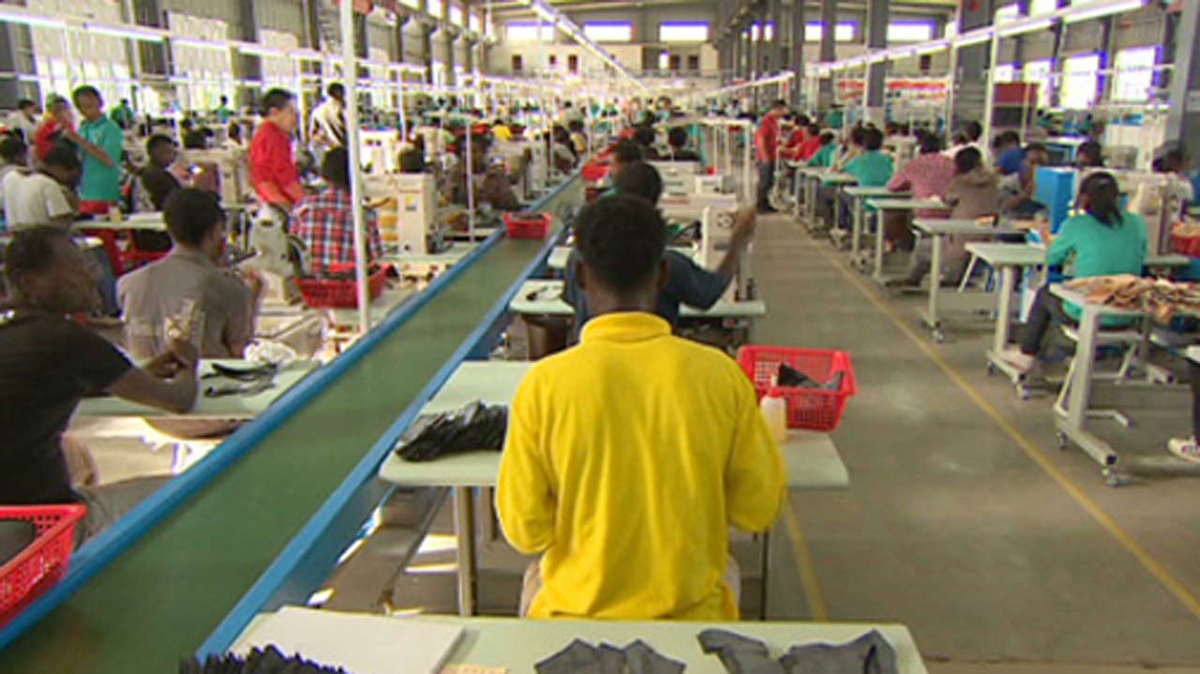From N5.56 trillion in January 2023 to N6.98 trillion in June 2023, the manufacturing sector’s debt to Nigerian banks increased.
The Sectoral Analysis of Deposit Money Banks’ Credit from the Central Bank of Nigeria supports this.
This suggests that since the sector obtained the highest amount of bank credit during the study period, banks’ lending to it jumped by 52.08 percent in a single year, from N4.53 trillion in June 2022 to N6.98 trillion in June of this year.
Also, monthly analysis of lending showed that N5.56 trillion was borrowed in January, N5.57 trillion in February, N5.65 trillion in March, N5.81 trillion in April, N5.70 trillion in May and N6.98 trillion in June.

With the increase in debts, stakeholders in the manufacturing sector have maintained that the current double-digit lending rate is unfavourable as it has a direct impact on the cost of production and the competitiveness of the sector.
The government in the recently released Medium-Term Expenditure framework and fiscal strategy paper restated its commitment to increase credit to private sector operators.
“The projection for the Net Domestic Credit, though on the upward trajectory, reflects the expected credit dynamics in the economy.
“Credit to the Government is expected to decrease over the period due to the expected significant reduction in fiscal deficits arising from the removal of fuel subsidy.
“On the other hand, credit to the private sector is expected to increase owing to the government’s plan to achieve a higher level of growth driven by the private sector,” the report reads partly.




Leave a reply